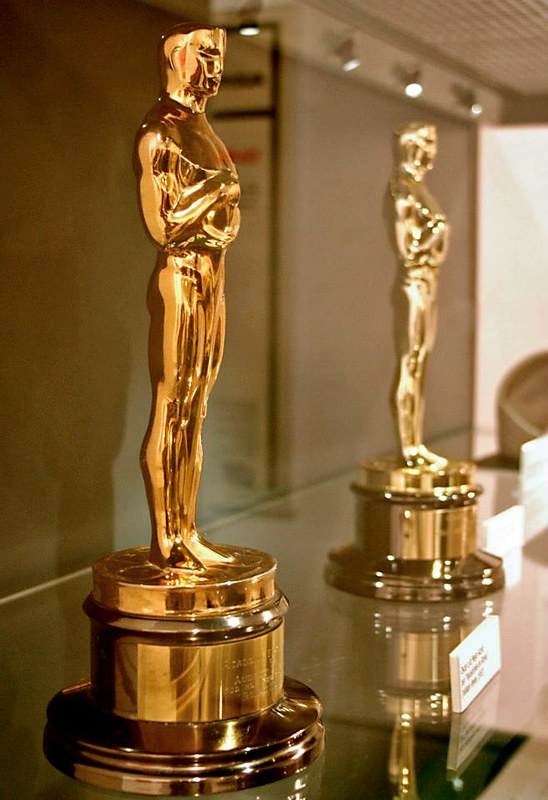The decline in viewing figures for awards ceremonies has been well-documented over the past few years.
The 2023 Golden Globes, held last month, experienced its lowest-ever viewership, of just 6.3 million, since its broadcasting began in 1996. Similarly, the 2022 Academy Awards saw its second lowest-ever audience of 15.36 million – a stark difference from previous years which consistently attracted upwards of 30 million viewers.
Besides the detrimental influence of the pandemic, during which pre-recorded, host-less shows understandably proved to be less than popular, the current cultural climate is just not conducive to Hollywood awards shows in the way that it used to be.
Three-hour-long broadcasts, often with upwards of an hour of advertising breaks, feel excessively drawn out in the age of streaming and ad-skipping. Plus, when red carpet looks are posted online hours before, and results are available in a concise format shortly afterwards, the appeal of the shows themselves relies upon viewers’ sufficient interest in contenders, hosts, and performances.
In the case of the Academy Awards, garnering this interest was further complicated by the pandemic, which shifted the industry’s calendar for nominations to such an extent that the films nominated for awards in 2021 and 2022 had, in many cases, not been widely released yet, making it difficult for audiences to feel any real connection to the work being celebrated.
Since their conception, awards shows have been the pinnacle of the entertainment industry’s calendar, yet nowadays, they don’t hold quite the same power.
The Academy Awards recorded a 62% drop in viewers aged 18-49 from 2021 to 2022, suggesting that what was once seen as glamorous is now perceived by many as somewhat antiquated and perhaps a little out of touch.
Young people spend more time in front of screens than any generation before, which should provide excellent opportunities for the entertainment industry, yet the way in which Generation Z interact with media is changing. In terms of video content, the short form is preferred over long, with only 27% mainly watching long-form videos (such as films and sports games).
There is also a noticeable lean towards user-created content rather than professionally produced, as made possible by platforms such as TikTok, YouTube, and Instagram. These diversify and democratise the content that younger people are consuming, amplifying a far wider section of society than traditional media avenues.
Whilst this alone does not equate to the demise of traditional media, events of recent years indicate that Hollywood and the traditional establishments of the entertainment industry are not keeping up with the pace of change when it comes to diversity. This is made especially clear by movements such as Me Too, which highlighted the entertainment industry’s institutionalised sexism, and the #OscarsSoWhite and #BaftasSoWhite campaigns against the entirely white nominees and winners at each respective event.
Interestingly, music awards shows do not appear to be suffering quite as badly. Despite slipping ratings in previous years, last month, both the Grammys and the Brit Awards drew in audiences higher than those of 2022, at 12.4 million and 3.9 million, respectively.
Music is fundamentally more accessible and historically more diverse than film, especially at the top end of the industry. This offers one explanation for the events’ comparative success, but this aside, the pure entertainment factor of the shows cannot be overlooked.
Live performances are a crucial part of music awards shows, which undoubtedly draw in fans, creating a buzz that Hollywood awards shows seem severely lacking. The closest equivalent in recent years – the infamous Will Smith/Chris Rock slap of the 2021 Academy Awards – was no doubt more memorable than the awards themselves.
It suggests that there’s still an appetite for awards shows; that the format itself is not defunct, but the stale predictability of so many shows requires a significant shakeup in order to avoid fading into insignificance.
Image Credit: “Oscar award” by theglobalpanorama is licensed under CC BY-SA 2.0.

